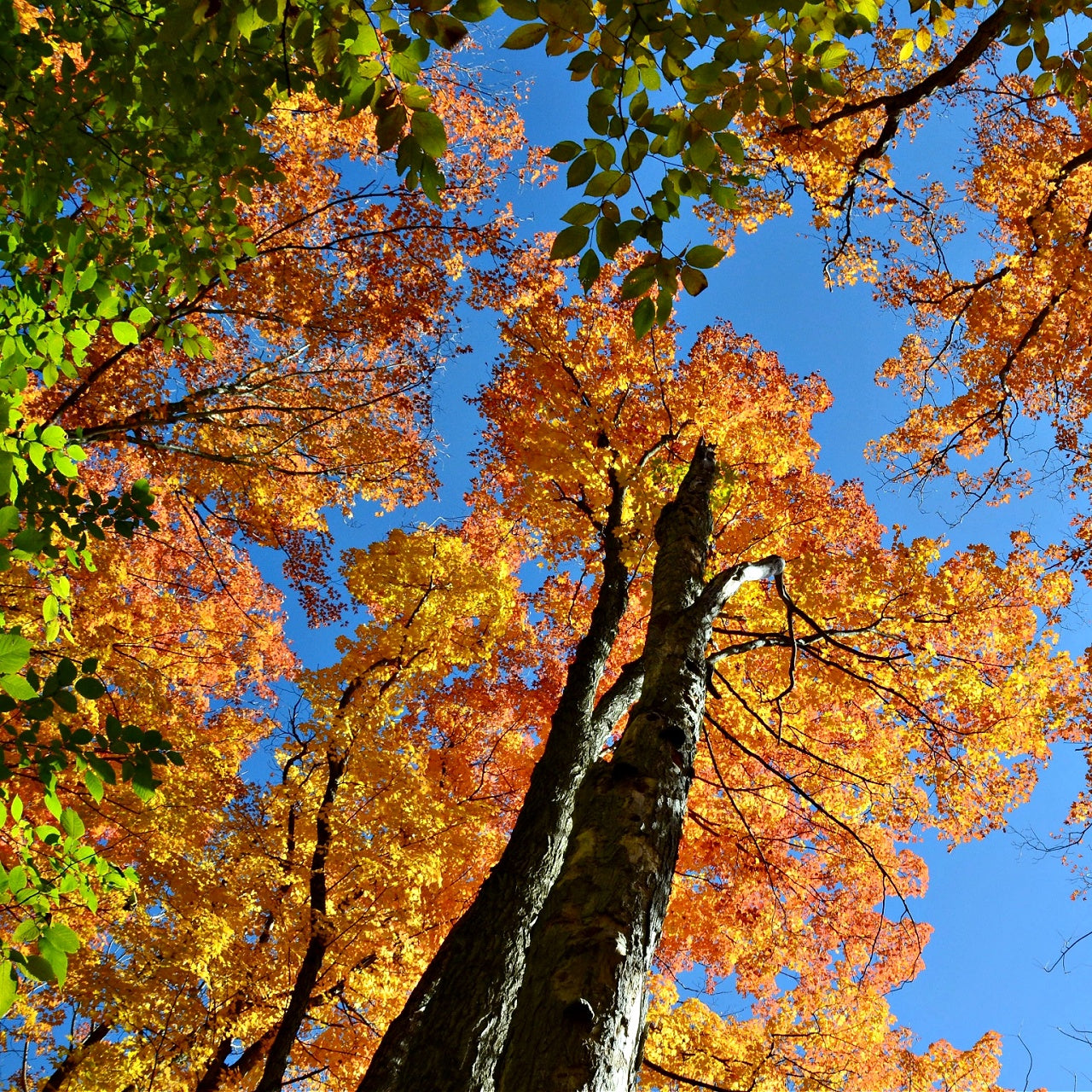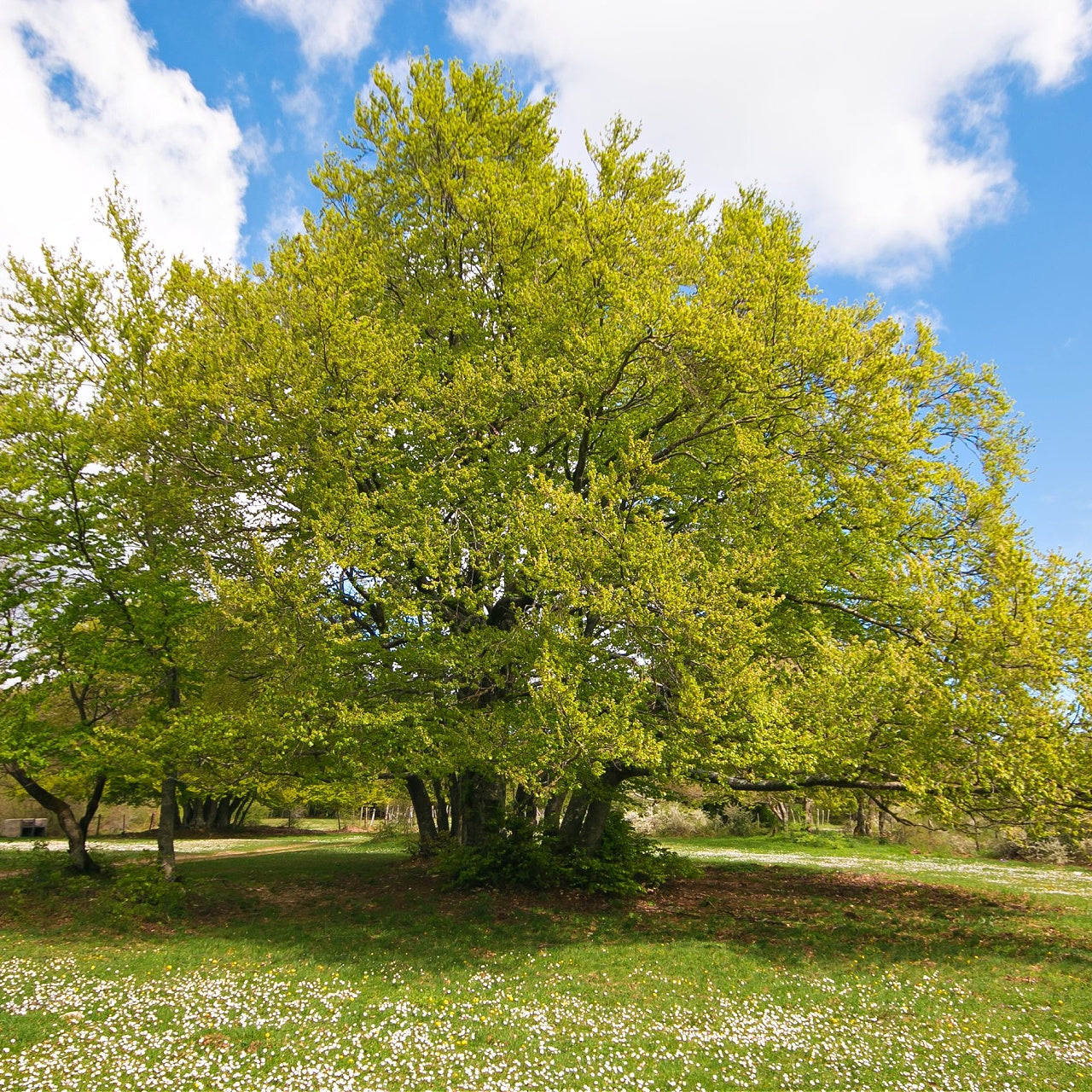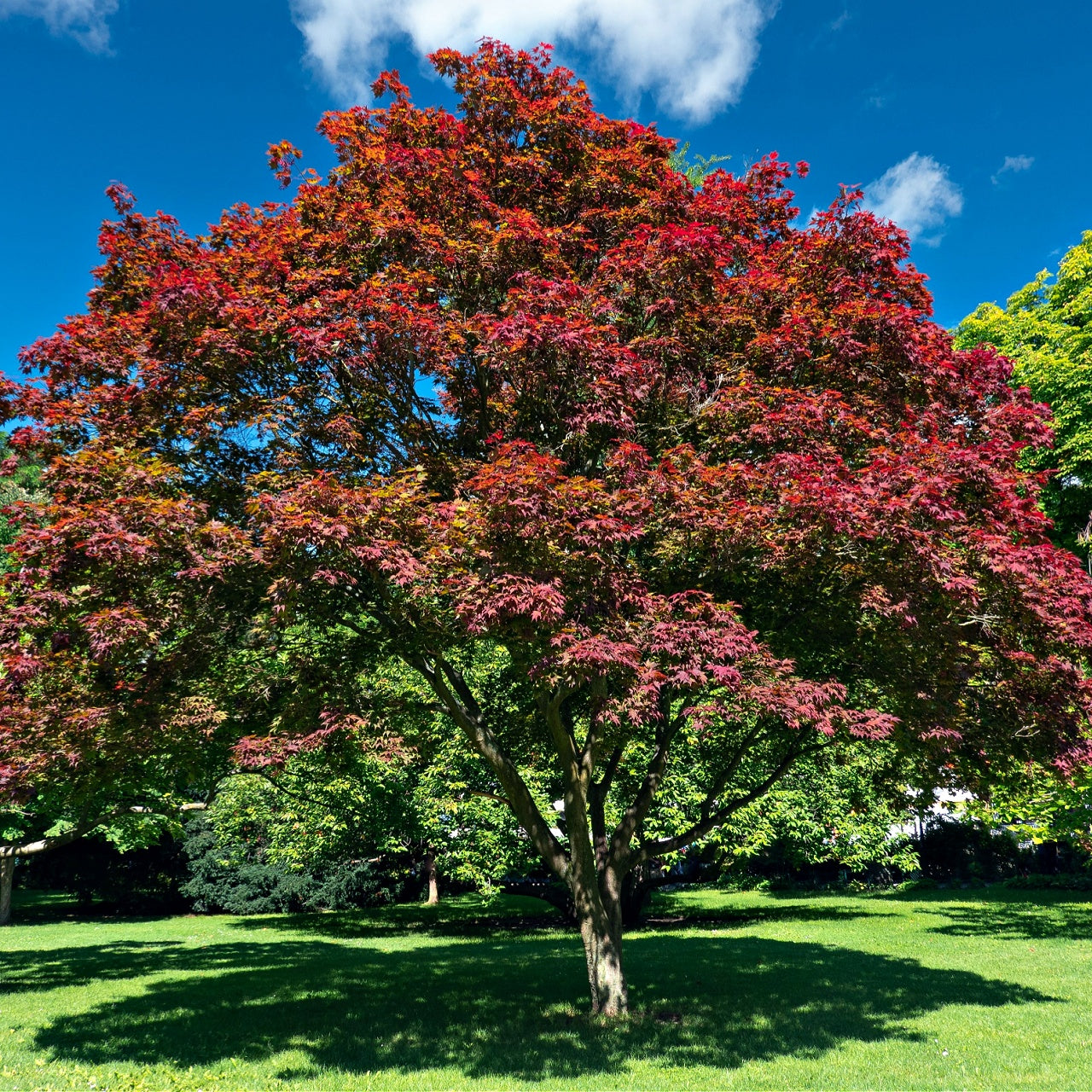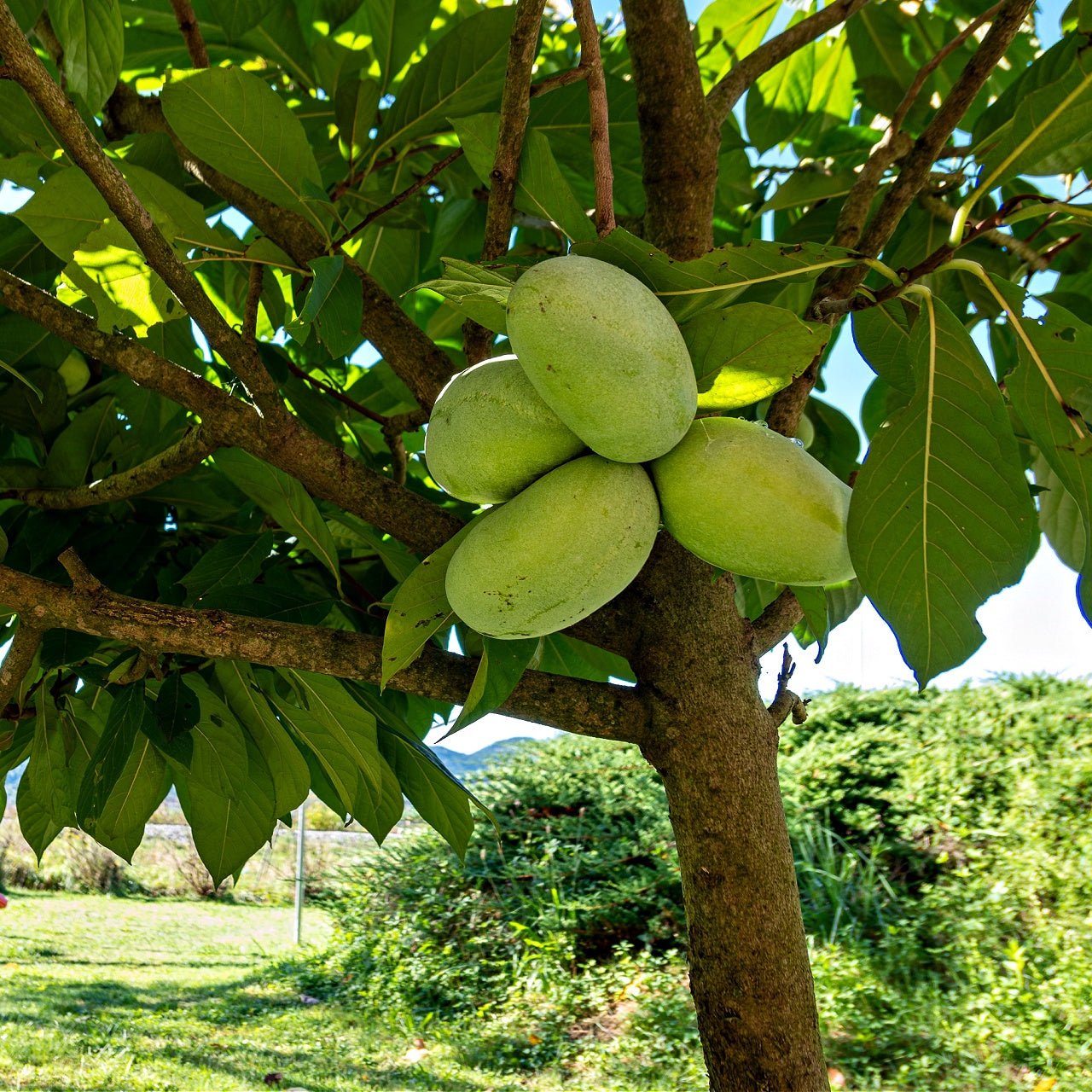
Shrubs Will Transform Any Landscape
Shrubs Will Transform Any Landscape
Advantages of Planting Shrubs
Shrubs are usually described as plants with many stems that do not generally grow above fifteen feet; some shrubs can grow to larger sizes, such as the forsythia, which can rarely reach 18 to 20 feet. A shrub differs from trees in that most trees grow from a single thick trunk and have an extensive root system of up to three times their large canopy. The deep, woody roots of the shrub can have an advantage over other types of plants in the long term as they compact soil and increase the amount of nutrients in the soil.
When plated on a slope, a shrub, such as a burning bush, can positively affect the soil by compacting it, helping stabilize it, and stopping it from sliding off the surface and down the slope. The burning bush is a native of the U.S. and Canada and provides interest in a yard because of the purplish-brown twigs and stems. Larger shrubs also screen and hide unfinished or unattractive yard or recreation area areas from view. Many of the world's population of shrubs are deciduous, meaning they protect areas of a home or building from the Sun in the Summer months and allow sunlight through to heat areas when the Winter arrives and the leaves have been shed.
When an area of ground has been damaged, or its nutrients have been used up, and it is a problematic growing area, the plating of a shrub can help bring the area back to life as an increasing yard region. In parts of British Columbia, a native shrub can draw nitrogen into it and reduce the amount found in the environment. Blue hydrangeas can grow to enormous sizes and cover the ground of an area of land with the most attractive flowers that have made the shrub one of the most popular plants in the world.
Planting Trees For Wildlife
Many people plant trees or shrubs in their yards to encourage wildlife to visit, feed, and breed in their gardens. Planting a forsythia, which generally grows to around nine feet and is a member of the olive family, can provide food and a place to shelter for wildlife, including squirrels and birds who visit most yards.






